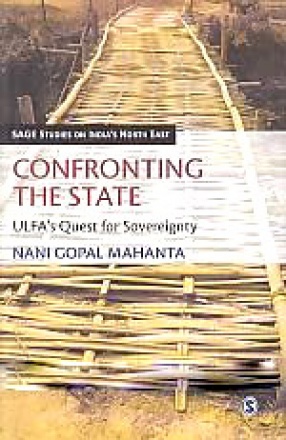The year 1857 was a turning point in the history of British India. In this year the Sepoy Mutiny broke out, which, though suppressed by force by the then Government of the East India Company, riveted the attention of all educated Englishmen on India. Statesmen, Parliamentarians and people concerned with the welfare of the British nation went deep into the causes of the Mutiny and analysed its immediate and far-reaching impacts on the military strength and financial resources of England. The causes of the disaster were not far to seek. The general maladministration of the Company, their annexation policy, interference with the age-old practice of succession by adoption among the Indian princes, fear of the Indian people both the Hindus and the Musalmans – that the Government, with the help of the Christian missionaries, are trying to convert the whole nation into Christianity, discrimination of the natives from the Englishmen in civil and military services as well as in the administration of justice, etc. became known as the causes behind the Mutiny. The future of the Indian Empire appeared to be grim to all right thinking persons in England. As a result of this retrospection and debate at home, the British Government of Queen Victoria decided to act to the right direction. Then came the Queen’s Proclamation, the India Bill was passed by the British Parliament, the time-honoured administration of the East India Company swept away, the Government of India was transferred to The Crown, and a responsible ministry for India established. The Queen’s Proclamation was welcomed both in England and in India. It promised redress to all the above mentioned grievances and to establish an impartial clean Government for the Indians. The present work, written by a contemporary British thinker, is an interpretative study of the Queen’s proclamation and the post-mutiny policy of the Crown towards India. It takes up the Proclamation, section by section, and analyses the various promises contained therein. To make the subject properly understandable, the author has described the conditions existing prior to the Mutiny and the grievances of the people on various accounts, in great details. The work is a record of the state of affirs before and after the reforms and an interpretation of the policies of the British Government towards India. The work has been reprinted from the 1859 edition in view of its importance as source material for the study of the evolution of British Raj in India.

Thoughts on the Policy of the Crown Towards India
In stock
Free & Quick Delivery Worldwide
reviews
Bibliographic information
Title
Thoughts on the Policy of the Crown Towards India
Author
Edition
1st ed.
Publisher
Length
xvi+368p., 23cm.
Subjects




There are no reviews yet.